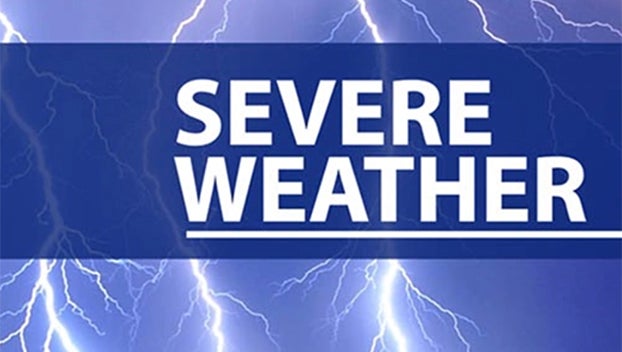Study: Concerning Stats for Women and Children’s Health
Published 12:36 am Saturday, November 6, 2021

- marcisim/Pixabay About 7% of Texas children ages 3 to 17 reported anxiety problems even before the pandemic, according to a new study by the United Health Foundation.
|
Getting your Trinity Audio player ready...
|
By Roz Brown
Texas News Service
AUSTIN, Texas — Access to mental-health resources is not always available under insurance plans, but those with such services should take advantage of them, urged the 2021 United Health Foundation’s Health of Women and Children Report.
That’s one takeaway from the 2021 United Health Foundation’s “Health of Women and Children Report.” The report is based largely on federal data from 2019 leading into the pandemic and shows the loss of health insurance for children in Texas accelerated. That can cause stress for families, according to Assistant Professor Stephanie Peebles Tavera with Texas A&M University in Killeen.
“The lack of access to safe housing, or to food resources or water,” Peebles Tavera outlined. “If you have food scarcity in your community, of course you’re going to have personal stress on your body and of course it’s going to trickle down to your child.”
Teen suicide has increased 41% in Texas since 2014, with about 12 deaths reported per 100,000 adolescents ages 15 to 19. In contrast, drug deaths among Texas women were low at 8.5%, compared with 67% for women in West Virginia during the recent study period.
Dr. Ravi Johar, chief medical officer with UnitedHealthcare, said the recent findings show mental distress among women ages 18 to 44 was high, with Hispanic women affected most.
“Shockingly, about one in five women, a little more than 18% of women in the United States, said that out of the last 30 days they did not feel mentally well for 14 of those,” Johar reported. “So for more than half the month, one in five women did not feel well.”
Peebles Tavera will release a book next year, “(P)rescription Narratives: Feminist Medical Fiction and the Failure of American Medicine,” which details the ways American medicine has failed women.
She pointed out the law effectively banning abortions in Texas and encouraging people to report those who seek them hearkens back 150 years, to the 1873 Comstock Law, which controlled access to birth control.
“The biggest issues that I am seeing is re-creation of a culture of shame around women’s bodies,” Peebles Tavera asserted. “Not only do you have the control of women’s bodies under federal law and lack of access to resources, but then you also have citizen policing.”





